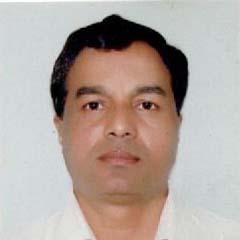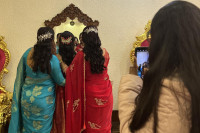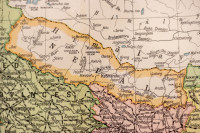Culture & Lifestyle
Saraswati puja: Worshipping for knowledge and wisdom
Also known as Basanta Panchami or Shree Panchami, the festival brings people together with prayers, music, and rituals.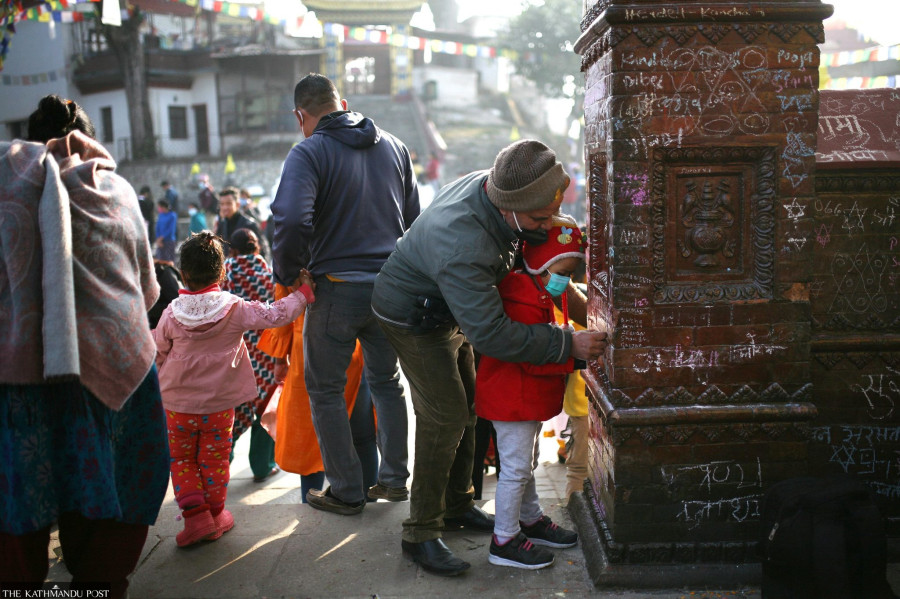
Amrit R Shakya
In Nepali society, Shree Panchami is considered an auspicious day for initiating an undertaking or business. It also marks the arrival of the spring season. According to the Nepali lunar calendar, the festival, popularly known as Basanta Panchami and Saraswati Puja, falls on the fifth day of the waxing moon in the month of Magh.
Saraswati is the Hindu goddess of learning and knowledge. On this day, many children begin their formal education by writing the first letter of the Nepali alphabet on the walls of Saraswati temples, guided by their parents. Later, the toddlers join their kindergarten schooling, as most commercial academies provide free admission to those enrolling on this day.
The Nepal Army plays a beautiful melody called ‘Basanta Shrawan’ at Hanumandhoka Durbar, the historical old palace of Kathmandu, proclaiming the day as auspicious and greeting the spring season on the horizon.
On the other hand, the Buddhist temple dedicated to the deity Manjushree, situated atop a small hillock behind the Swyambhunath Stupa, serves as a major attraction and the focal point of festivities in the surrounding area. As all academic institutions are officially closed today, most devotees are students and their guardians.
Both Hindus and Buddhists gather there to promote harmony. Some groups play traditional musical instruments like the dhime drum, flute, and hand cymbals, producing a beautiful melody. They also sing and dance in a classic style, enchanting a huge crowd. Many flock there to enjoy the day as picnickers, cooking their food for a feast known as ban bhoj.
According to a legend, during the prehistoric period, the deity Manjushree visited the Kathmandu valley (Nepa) from Maha China (Tibet) to pay homage to a self-produced flame. At that time, it was a serene lake called Nag Daha, the habitat for innumerable serpents, the king serpent being the ‘Karkotak Nagraja’.
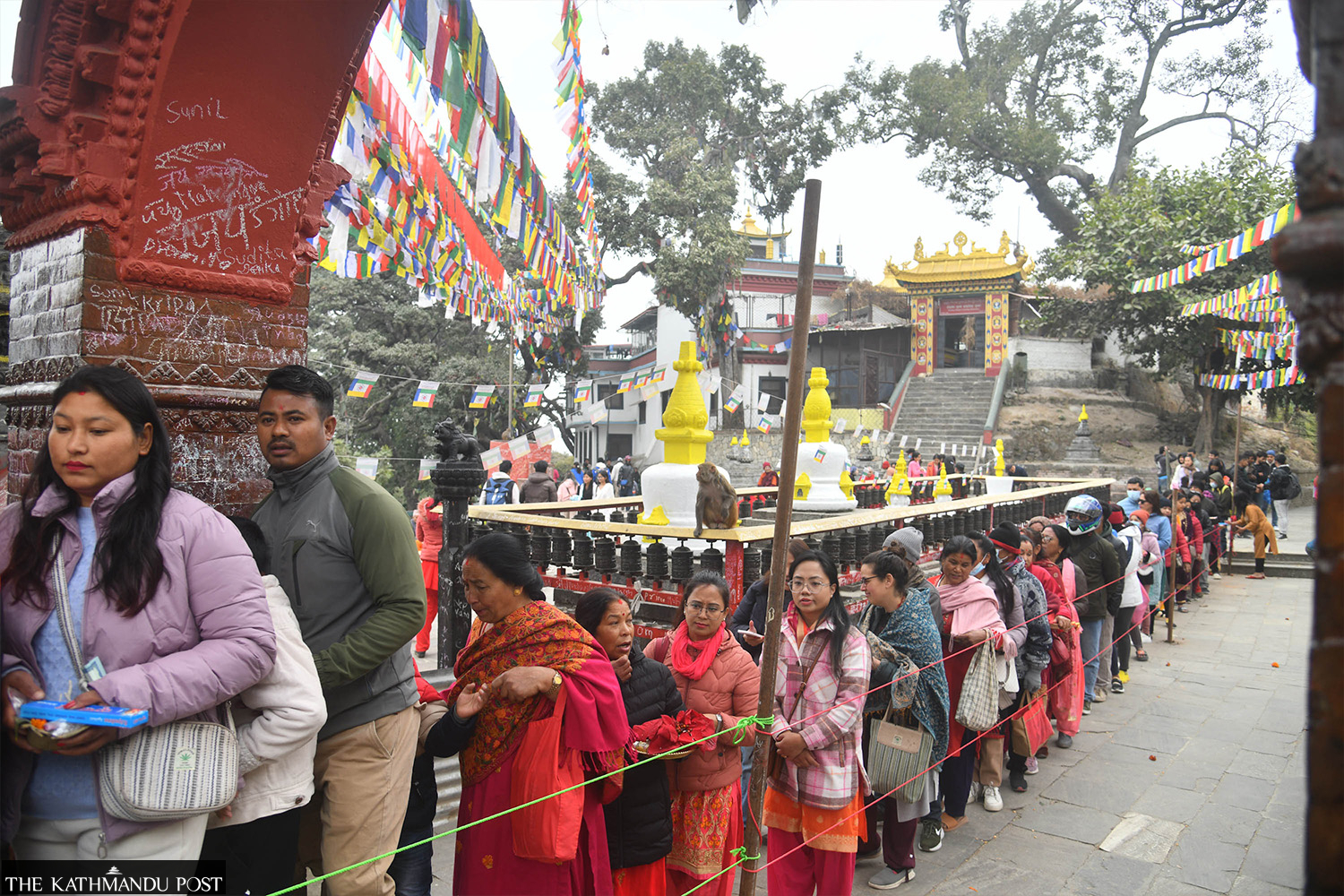
Manjushree cut the cliff at Chobhar Gorge, allowing water and snakes to flow out and creating fertile land for human settlements. However, the deity imprisoned the king serpent, ‘Karkotak Nagraja’, in a large pond called ‘Taudaha’, which lies on the way to the ‘Dakshinkali’ temple.
It is early morning, and the mother walks towards the Manjushree Buddhist temple with her children for a special prayer on this auspicious day. She gently encourages them to ascend the stone steps gradually. As they have just reached halfway up, they exclaim, “Mum! We’re hungry.” “You cannot eat now,” the mother replies swiftly.
She is also very strict with the children regarding traditional rules and beliefs. She has not provided them anything to eat at home, and they murmur angrily for food. “You cannot eat or drink unless you pray to the god Manjushree today,” she explains slowly. If you follow the traditional beliefs properly, the god will bless you, and you will do better in your studies.”
Then, they gradually climb the steps to reach the top. After worshipping the god, they have breakfast at a nearby café. Following breakfast, they return home in a hurry. They must prepare for the dinner party for their relatives’ wedding ceremony that evening.
As the day is auspicious, many other events and ceremonies are also held. As a result, most party venues are fully booked, charging exorbitant prices to clients for their services on this day.
As it was already late, the mother hurried the children to the dinner party. Not seeing their father, they turned to their mother and asked, “Where is Dad?” but she remained silent.
That morning, while the children were visiting the temple, their father had quietly left for the airport to catch a flight to Tokyo, Japan. He had been assigned a new job as a factory supervisor there. Unable to bear the thought of leaving his children in tears, he chose not to tell them. Their mother, though fully aware of his departure well in advance, had also kept it from them.
Now, sensing their mother’s hesitation, the children grew upset. “Where is Dad?” they asked again. “We can’t eat unless he’s here.” The mother gently urged them to enjoy the delicious meal, but they refused. Their love for their father was unwavering. Heartbroken, they left the dinner party without eating, making their way home silently.
The day after landing at Tokyo airport, the father called his children and promised to return home soon.
Marking this auspicious day of Basanta Panchami, we must take a new step toward strengthening our country’s commerce and industry. Nepal’s lack of sufficient job opportunities and businesses has forced many to seek employment and entrepreneurship abroad. It is time to change this trend by taking decisive action within our country. We must increase production to create more job opportunities and boost exports, reducing our dependence on remittance money, which has historically kept us economically vulnerable.




 13.12°C Kathmandu
13.12°C Kathmandu